Addressing Food Insecurity: A Community Approach
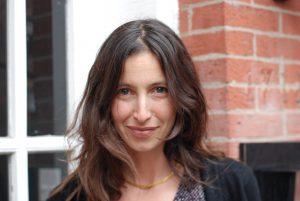
What drove you to create DC Greens, and has any of that vision changed since you started?
My co-founder and I first founded DC Greens in 2009. So, if you go back to that moment, it was right as the Obamas had just taken office for the first time. Michelle Obama had planted the first White House garden and was really kind of sounding a national alarm about the impact of unhealthy foods on young people and really on our society at large. The sectors were sort of yearning to connect with each other but really didn’t have the capacity or the ability to actually make those connections. So, you had all of these different folks that were sort of trying to figure out how to tackle a very big systemic issue, and really, without the ability to do so. And so when we got started, a lot of what we did was tied to that work of collaboration, really sort of sitting in the spaces in between sectors and bringing them together to be able to incubate new solutions. And I think for us we really did start looking at school gardens, looking at the issues that you were looking at, like childhood obesity, the issues that were the way people were talking about things at that time.
And over the years, once you start looking at that issue, and once you start really deeply looking at that issue, you realize that that’s just the surface. And what is really underneath the systemic problems that we have are long-standing systemic racism, and sort of multi-generational poverty that is particularly acute in communities of color. And so our work as we’ve walked further and further down the road of doing this work has really become much more focused on racial justice.
And I’ll say, that was largely in part, largely due to our staff of color who sort of started sounding an alarm internally around 2016 with us saying we’re doing all this work on food access. But we’re not talking about the root causes. I think, for us, the transformation has gone from kind of being a food access and partnerships group to really being a food justice group that also really addresses health equity and racial justice at the same time.
How has DC Greens grown since the first farmers market you created?
There was no grand plan when I started DC Greens; I wanted to start a farmers market. My co-founder, Sarah Holway, was a teacher at Bancroft Elementary School, which was the school that got the first White House garden. So, she was kind of the person who was doing all the school work and I was doing food access work. And at the very beginning, we were like, what would happen if we had a farmers market and we use the money from the farmers market to support the creation of a school garden at this school that’s right in the same community? I mean, we were just playing with “what does it look like for a community to sort of think about its own food system holistically?”.
As we got more and more involved with the coalition’s that already existed in the city, like there was a DC Farmers Market coalition, there was the DC Schoolyard Greening coalition; we started to realize there’s a need for this kind of connection work on a larger scale across the city. But I think what, in some ways, was a real pivot point for the organization that has sort of set us on the road that we’re on now is in starting the farmers market, we realized there was like no policy in place to support the starting of a farmers market at that time.
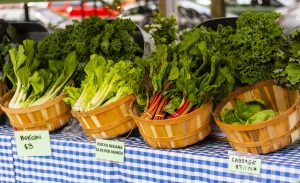
What we’ve found is there’s so much power in having the knowledge and experience of where the problems are. And then also having the relationships in place with people who are most impacted to be able to create channels for really powerful community advocacy. So, I think that that’s been the major shift for us, and it’s happened progressively over time.
Could you talk about the food security issues in Washington DC specifically?
I think that one of the more important scientific findings in the past five years has been that there is a direct relationship between food insecurity and diet-related chronic illnesses, which I think is sort of sometimes counterintuitive to people. But what it basically means is if somebody screens positive for food insecurity in a clinical setting, which now many doctors are actually doing food security screeners in clinical settings. This means that somebody is making very hard choices about how to spend their limited incomes, and often, that means that people are buying the lowest common denominator foods, which are also of course the foods that are piped into communities of color and are targeted marketing by corporate entities. So, the fact that food insecurity is such a direct relationship to diabetes, hypertension, cancer, and a lot of diet-related chronic illnesses, you really see that evidence in DC very clearly.
In DC, when you talk about food insecurity being linked to poverty, that also means you’re talking about food insecurity being almost entirely a black and brown issue in DC because of the enormous wealth disparities in the city, and the fact that the white population tends to be very highly educated and affluent. So, in DC, there’s a 17-year life expectancy difference between Ward 8, which is the east of the river community with the highest poverty rates and almost 100% black community, and Ward 3 which is like upper Northwest affluent white. So, again, it’s a direct result of food insecurity, and all of the sort of food injustices that come with the sort of lack of access to healthy food in the built environment.
What does food justice mean to you personally? And should organizations focus on food justice, rather than a narrow scope of food insecurity and things of that nature?
I think that there’s often a real confusion and people sometimes will use the term food justice, and what they’re saying is actually like food access. But I think when you really dive into it, it has a very different meaning. So, for DC Greens, food justice is really about the how of conducting food access work and that involves really recognizing and naming histories of oppression and sort of policies that have created the conditions with the recognition that you can’t actually address the problem until you’ve actually lifted up the root cause. For issues like food access, the root cause as I just mapped out really does come back to systemic racist practices, historically and also currently, that are resulting in historic poverty and ongoing poverty of communities of color as well. There’s sort of two other really important pieces to food justice. One is that any effort to operate in a food justice framework work really requires that you are building pathways for folks who are most impacted by the problems to shape, influence, manage, and control the programs and policies that are most directly related to their lives. I would say food justice is about identifying problems, working with open, clear eyes, working to address those problems like with leadership from the people whose lives are most impacted by those problems.
How have local community members helped DC Greens?
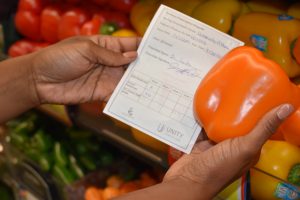
Miss B was the first community champion. We met her at a farmers market because she was with this big group of people and she had pulled them off of a bus to come to the market because she was so excited about it. And for us, we really feel that one of our principles as an organization is change moves at the pace of trust and I think that that’s just a truth in the universe that needs to be understood and heeded to do any kind of meaningful work. We just really believe that to build the healthy and equitable food system that we are all striving for we need to make sure that we’re giving sort of fuel to the flames of people doing the work that they want to do in their own sector.
Why have you found that DC Greens programs are successful? Has there been anything that’s stood out?
I think in some ways we were very fortunate about the moment that we started things because there’s no question that there was a sort of surging interest in food systems work. So, I don’t want to underplay the value of having funders that understand why the work matters, and also, my own kind of privilege as a white leader who knows how to access those funds. So, I think there’s a lot of other organizations that are led by folks who don’t have as much access to those channels of funding and channels of power as I have had the privilege of having. So, I really want to name that upfront that there’s no question that my own privilege has contributed to our ability to stand things up from the start. I also think that there are a few things that are distinct about who we are and what we do that I think have contributed to our success, and I think are sort of becoming a little bit clearer to people actually in the COVID moment in some ways.
Being connectors in the community has allowed us to kind of encourage really deep collaboration across the sector over the past decade, which I think I’ve heard is pretty unusual in other cities that a lot of times similarly missioned organizations are like backbiting or that they’re sort of petty competitive stuff. I feel very kind of proud, honored, humbled to be a part of a community, and to have been a participant in creating a culture of collaboration in the DC food sector. I also think that this kind of direct service and advocacy is another reason why we’ve been able to be successful. I think oftentimes, because we started to have some advocacy successes, we started to have the experience of other organizations that do more sort of total direct service or are practitioners of some kind, actually coming to us and saying, will you help us get this piece of urban ag legislation passed? Will you help us pass legislation around farmers markets? And I think that’s a role that we’ve played really sort of together with the sector that I think has contributed to some of our success.
COVID-19 has horribly affected those who are not able to get fresh produce and groceries. What shifts have you seen since the beginning of this pandemic?
We’re in a moment of seismic shift as a country. I think if anything, the COVID crisis really laid clear how incredibly fragile our food system is, and I think particularly our emergency feeding systems. I think what has become very clear to me in this period and something that is consistent with the way that we work, but 40 years ago, the government kind of pushed emergency feeding off on the nonprofit and philanthropic sector and sort of said, like, “great, you handle that.” I think what we saw was, and sort of continue to see is in some ways, a failure of that approach because it is an underinvestment in the very sort of safety nets that we know are so necessary. Well, when there’s no volunteers, the whole system breaks down, right? So, there’s a million ways that that is problematic. But it has definitely pushed me and many of us across the country to feel like this is the moment to reassert the role that our government plays in supporting food access for all people. That doesn’t necessarily mean we want the government running programs, but we want the government writing checks that support community-led solutions.
Has DC Greens been affected negatively by COVID-19 or has there been a silver lining?
The top thing that I started thinking about was actually our staff, making sure that our staff felt safe and felt supported. I think this has been a very intense time to be working in this field and particularly to shift to home, to know that there’s so much work that so many lives are dependent on that work. I think I have tried very hard as leader of the organization to make sure that staff is encouraged to have a work-life balance. I let people know immediately that their jobs were not in jeopardy, and that that everyone was safe. I think first and foremost, making sure that people’s mental health was taken care of and I can’t control every part of that but I’ve tried to do what I can to support that. And then, of course, all of us were getting calls and reaching out to our collaborators who were struggling and continued to struggle. I think for us, I feel about a third of our team really pivoted their entire work to focus on emergency response. We kind of moved into action using our cross-sector relationships to actually matchmake. They need food, you have food, you need a chef, they need this, they need that. I think we’re still in process with what it all is going to mean. I think that people understand the value of the work and so we’ve been able to meet new donors that have come forward and care about this kind of work.
If you could tell someone to get up and do something in the community regarding everything that DC Greens does or other organizations, what they do, what would it be?
I think what’s most important to do right now is really deep listening. And I think that every community across the country is going to have some entity that brings people together from the community to address issues. I know, in DC the Anacostia Coordinating Council is a wonderful monthly meeting where it’s been going on for decades and it’s leaders in the community are listening and talking about the issues that are facing their community. I think especially in moments of crisis, especially like white people in moments of crisis, I think that we need to do something. We need to go and fix it or do it and I think that is the opposite approach of what we need to do right now. I think that the very sort of rich and explicit conversation that’s happening around racial justice in this country is sort of beseeching white people to not get up and do anything, but actually just listen and ask how can I help? And the answer might be, you can’t, and that’s okay too. Keep listening, and that’s what I would say and I would say find an organization that is led by a person of color that might be a smaller organization and give them money. The best thing that we can do right now is support leaders and communities who know best and support leaders of organizations that are trying to do better and are struggling to access resources.
To learn more about DC Greens visit their website at https://www.dcgreens.org/

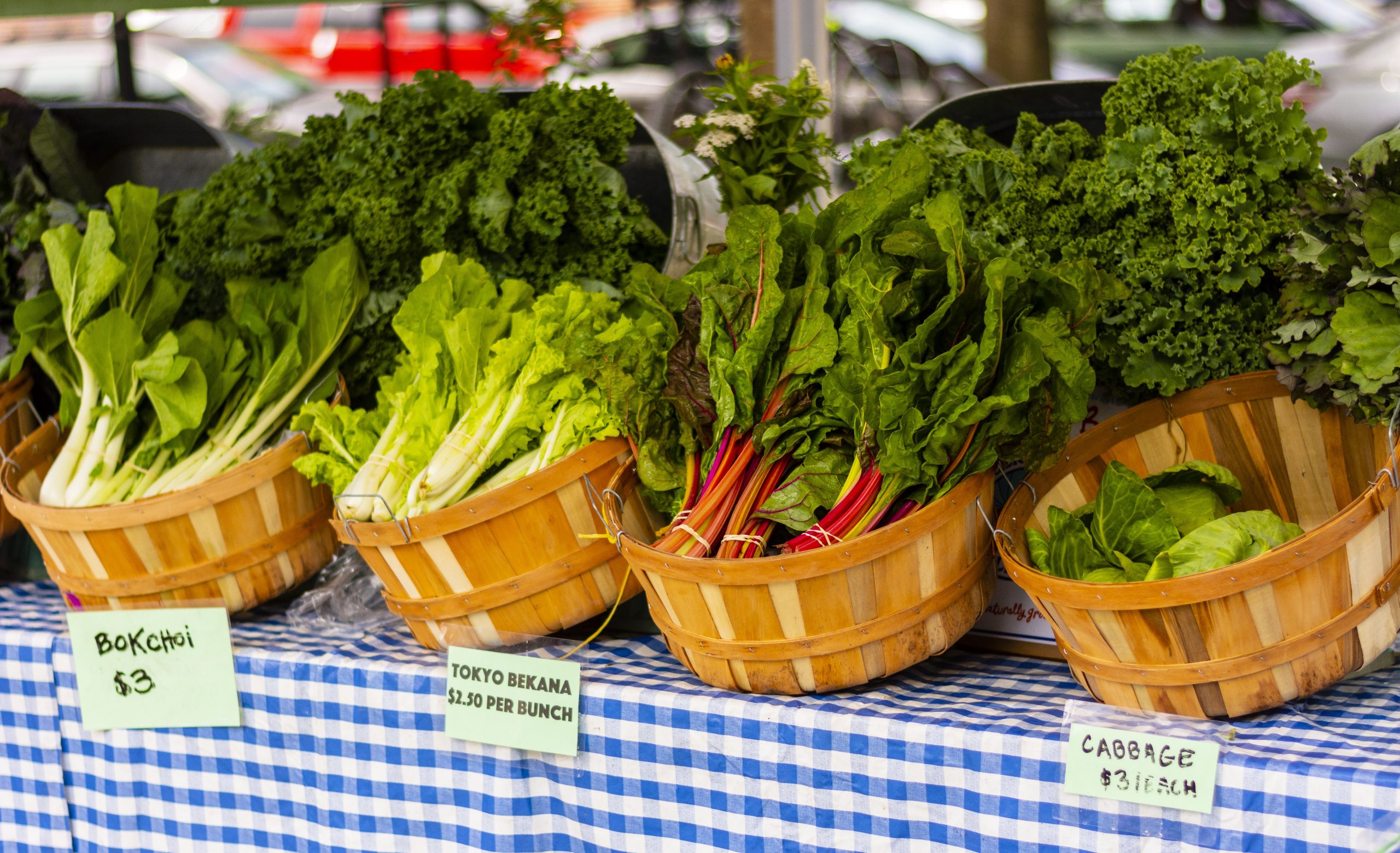
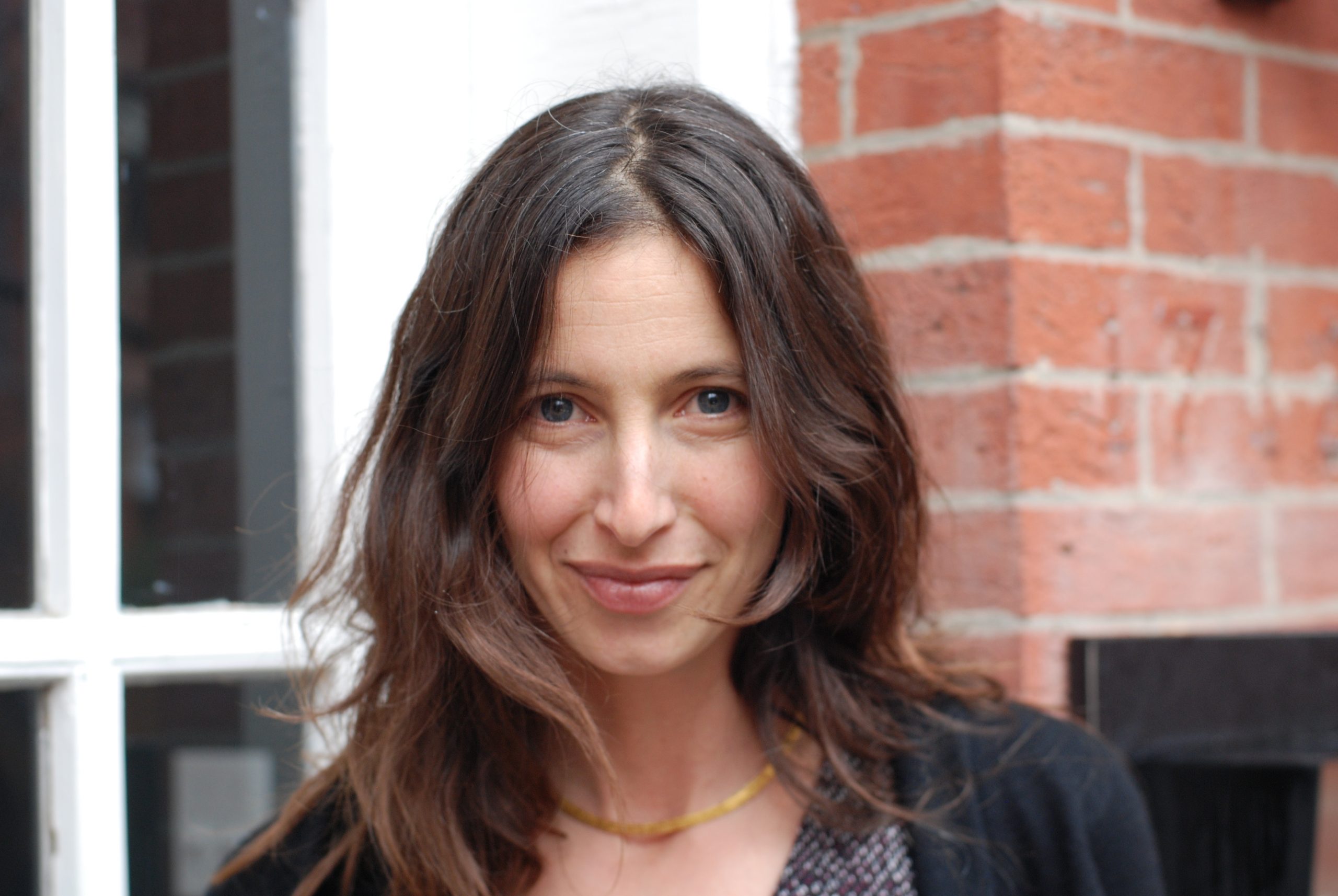
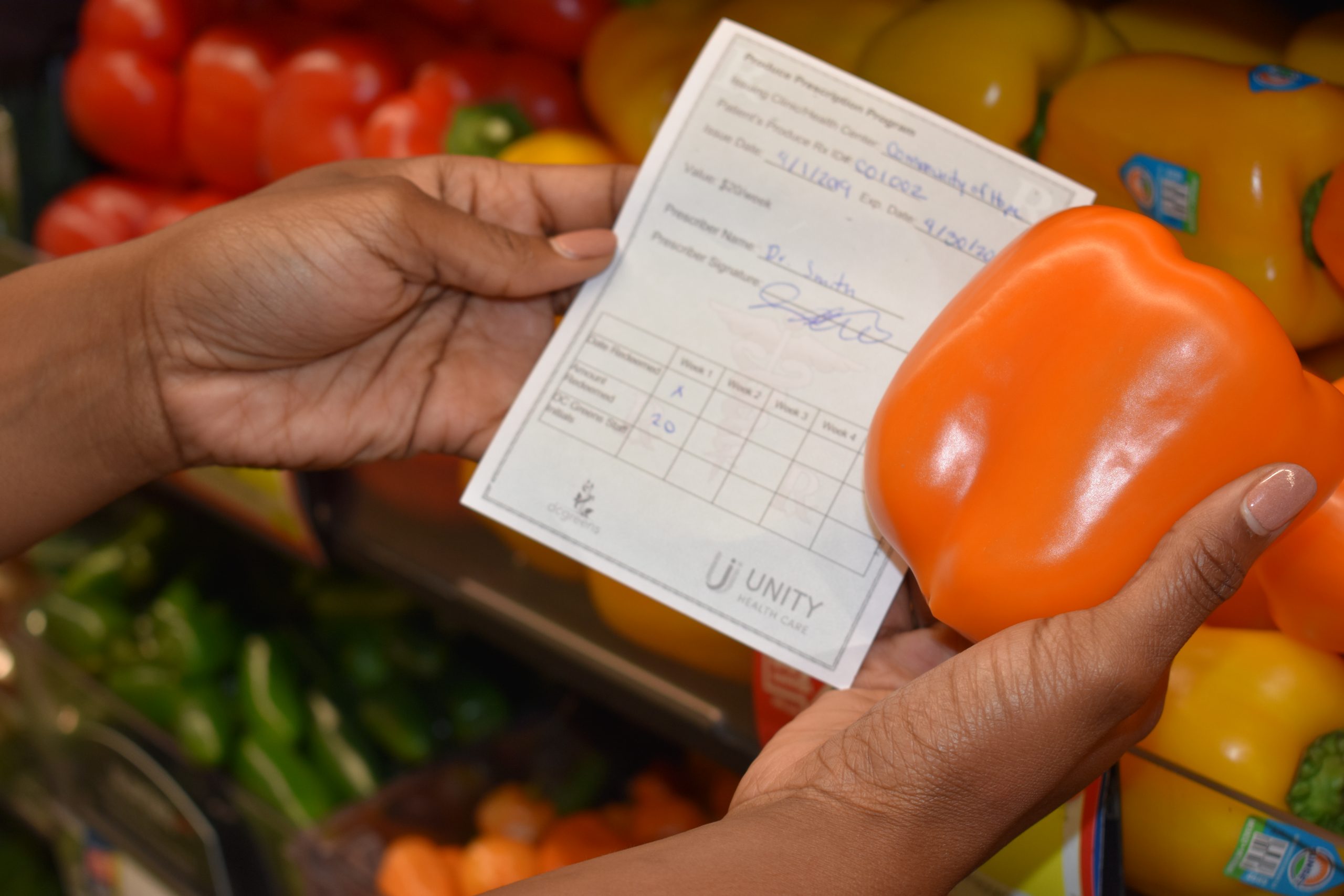
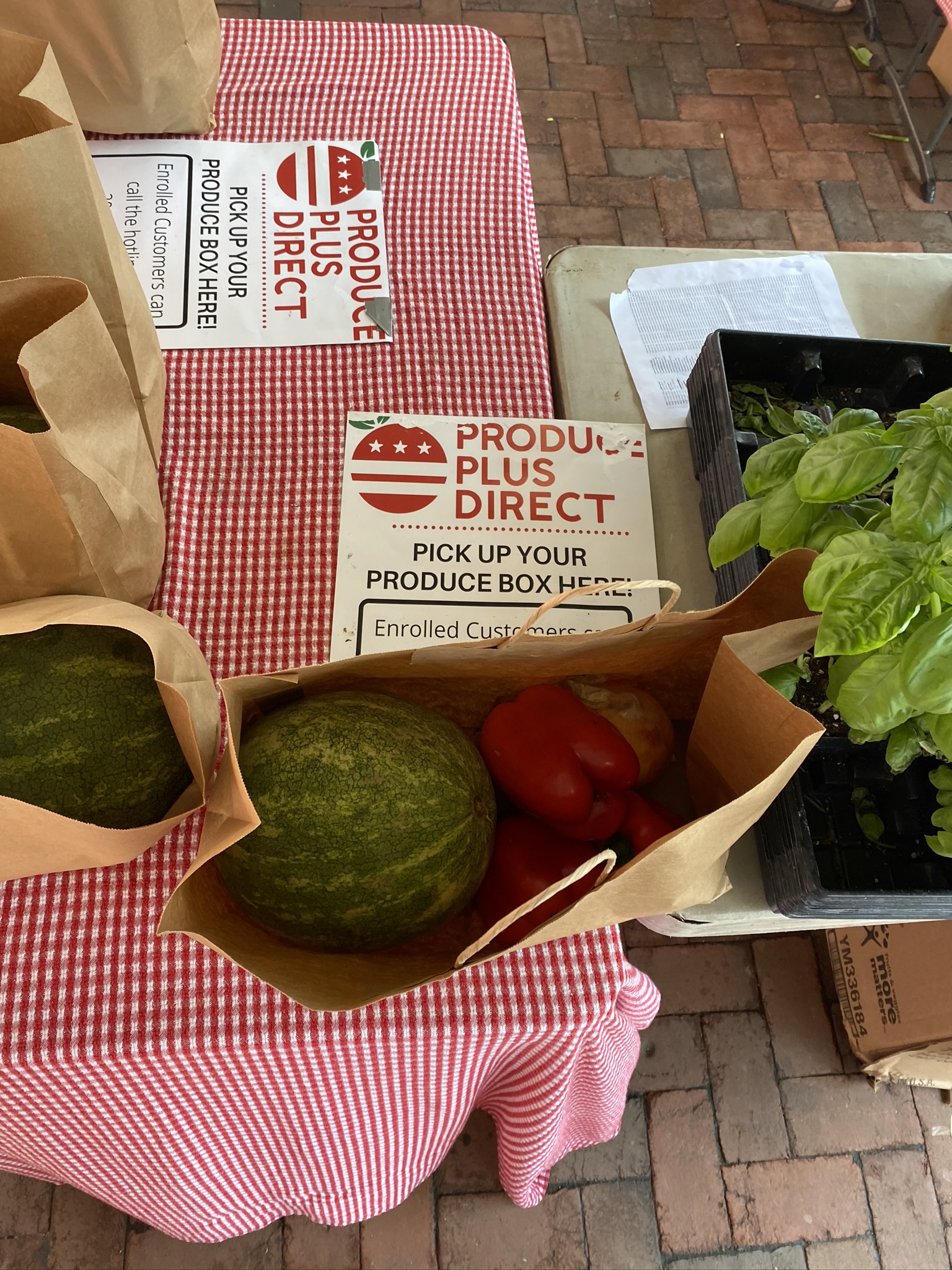
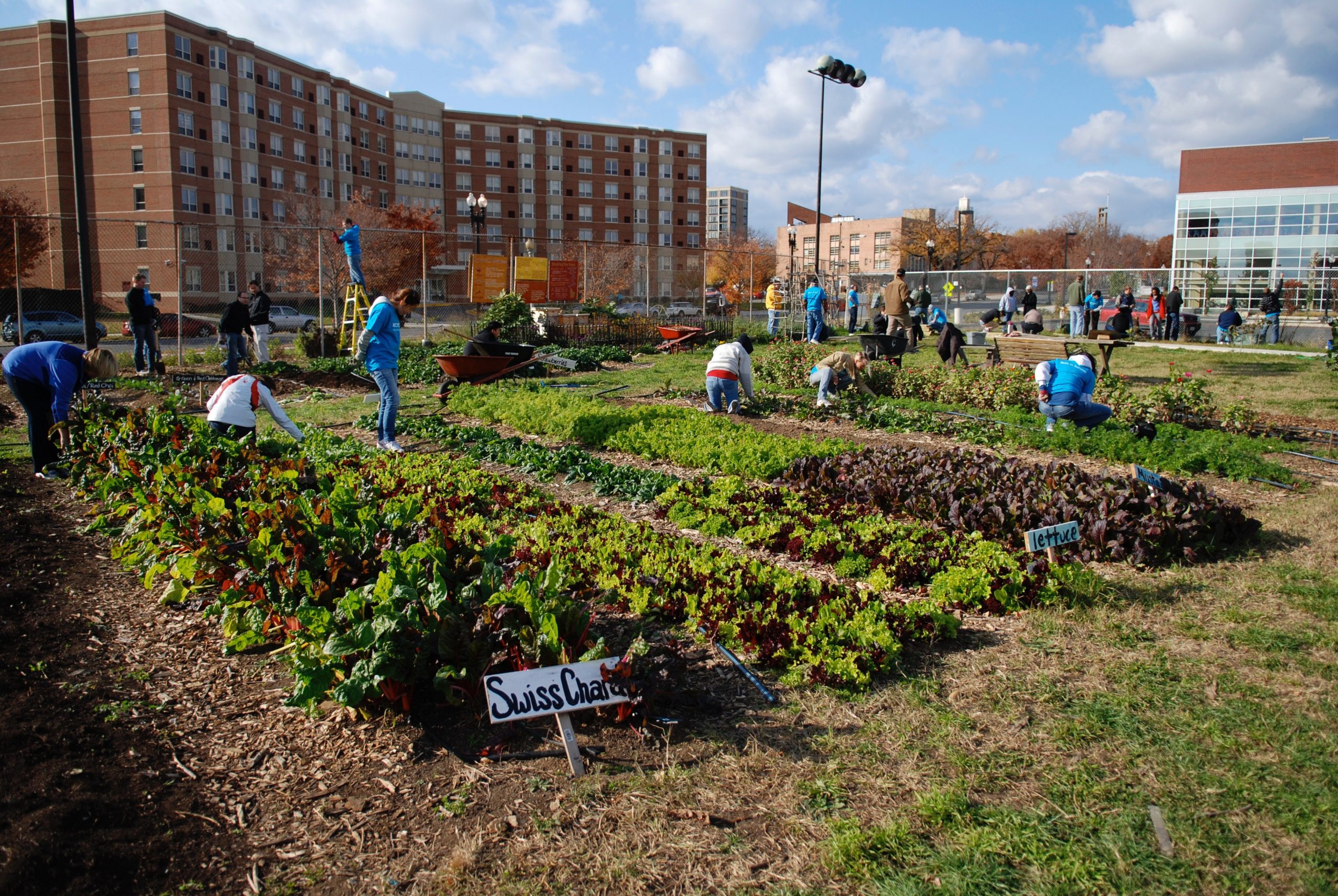
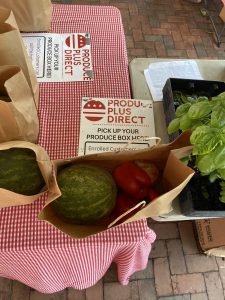

Got something to say?